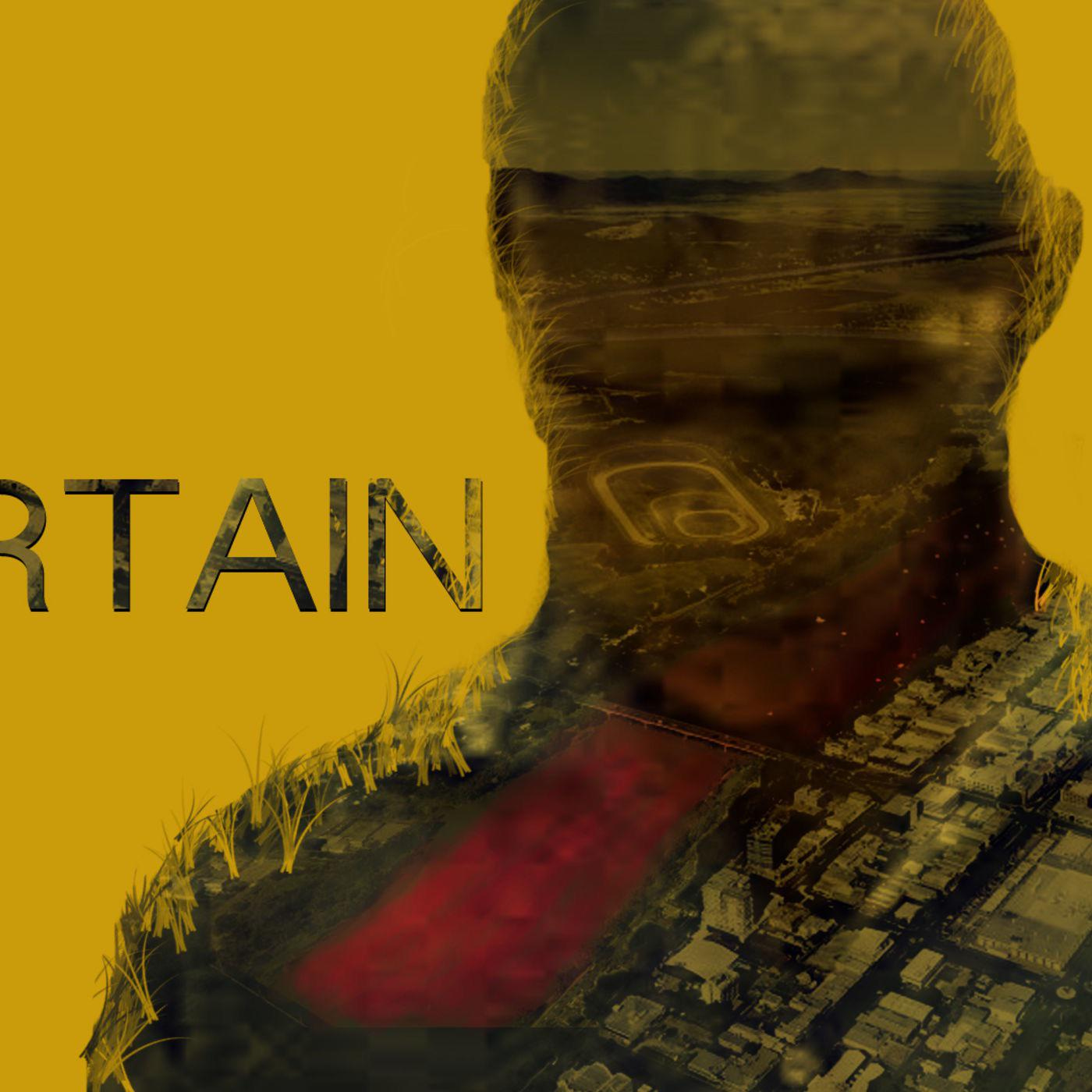Gudamulli!
In the last few editions of Presence, I’ve spoken a lot about a particular form of police brutality - police shootings in which Aboriginal people have died. It comes in the wake of several cases - Kwementyaye Walker in Yuendemu, JC in Geraldton, Mark Mason Snr in Collerenebri, and the most recent tragedy - Stanley Russell in Sydney. All of these cases are different, but we have seen most recently in JC and Mark Mason Snr’s case how the media and courts work to deny Aboriginal people justice by framing Aboriginal victims as the ‘threat’ and police perpetrators as justified and legitimate in their use of force, often before any independent investigation has been held.
Last week I had a conversation with Yuin lawyer Martin Hodgson, who is my co-host for the long-running Curtain the Podcast, about his analysis of JC’s case and Mark Mason Snr’s case in particular. Here I reproduce a section of the interview in which Martin speaks about the criminalisation of symptoms of mental illness.
The criminalisation of mental illness
We know that in public space, and even in private space, Aboriginal men, women and children are seen as ‘threats’ just by existing, and if we are threats, then our deaths at the hands of the justice system are ‘legitimate’. We are never victims, but instead, perpetrators, despite the presence of real perpetrators who are responsible for taking black lives.
Because blackfellas are seen as threats, their actions leading up to their deaths are framed in that way, rather than being seen as what they are - symptoms of trauma or mental illness that should afford us help, and not brutality.
As Yuin lawyer Martin Hodgson says of JC’s case in Geraldton:
“I guess this is a good way of introducing something that we've spoken about a lot before which is to the criminalization of the public displays of symptoms of mental illness.
“And the way I would explain it is that if someone had an epileptic fit in front of the police and they shot (them) we would be outraged. If someone had a heart attack as a result of coronary heart disease and the police shot (them), we'd be outraged. If someone was suffering leukaemia and displayed the symptom of that illness. We would be outraged. All JC did was display public symptoms of her mental illness, as in any other illness. Why is that still okay to be deemed as a threat, displaying a symptom of your illness, something that was very well known as you said to police… And yet the officer who pulled the trigger arrived on the scene and within 16 seconds. JC was dead as a result of his actions.”
When Martin said that, it reminded me of not only how displaying symptoms of mental illness is criminalised, but also symptoms of trauma:
“And you're totally right about the criminalization of those symptoms of mental illness or symptoms of trauma because as you spoke I'd also thought of another case in Western Australia around baby Charlie. and for our listeners who may not know, he was a little Aboriginal baby boy and his mother had been the victim of an assault by her partner at the time.
When the police turned up, she was actually displaying trauma symptoms - she had just been assaulted by that partner. Instead of helping her and keeping baby Charlie's safe, the police arrested the mother and baby Charlie ended up with that man who ultimately killed him in a really horrendous way. And at that time, the mother and the grandfather were trying to get help or trying to get help. The grandfather was going to the police station and was being accused of being a drunken Aboriginal man, you know, which is another way that this racial violence operates and that ultimately ended in the loss of baby Charlie, and there's been no justice over this case. There was no police accountability of this case.
“If the police had understood and not criminalised, the mother for displaying those symptoms of trauma, you know, then baby Charlie will likely very well be still alive, and I think that's, that's the really tragic thing is that people don't ask the right questions. This cop who killed JC even though, he definitely killed her, and we have the footage to show that, we have the fact that JC is no longer here to show that, I just feel like the right questions and the logic are just not put up and they're seen as culpable for their own deaths. And I just think that's so outrageous. So you know, JC walking along the street as a black woman - she was seen as inherently threatening, but she was also seen as inherently threatening by displaying the symptoms that should have afforded her help, that shouldn’t have led to her death, shouldn’t have led to wider police surveillance, wider police brutality, it should never have happened. And then that violence has been re compounded in the justice system and in the court trials, where the families were effectively silenced and when you know, it's supposed to be two sides situation, but really, it's it's weighted in favour of the police officer. You know what I mean?”
But it is clear that the police are capable are helping those lives who they deem are worthy of helping, who are seen as worthy of this help.
Martin says:
“Yes, it is a really important point that goes to the heart of all of this is that JC should have been afforded help. And you spoke about baby Charlie's mother, who should have been afforded help. You know, we've spoken about Ms Dhu who should have been afforded help. We've spoken about Ms Wynne who should have been afforded help. These are all cases in Western Australia.
“And just recently, we have seen the West Australian police treated as heroes because they afforded the help to little Cleo and found her and got her home to her family, which is what they are supposed to do. So they're clearly capable of it… Little Cleo got she got (help) and thank God that she did. Why can't JC get it? Why couldn't baby Charlie's mom have got it? You know, and there are endless cases.
“We previously spoke on this podcast about a mother who rang the police on behalf of her daughter who was experiencing domestic violence and her mother who rang for help for her daughter was also a grandma. And when the police arrived, they didn't do anything about the men committing domestic violence. They took the grandmother away because she had unpaid fines relating to her dog. And that tells you all you need to know about the Western Australian police department that I am more concerned about fines relating to a dog than helping Aboriginal women. They're clearly capable of rendering help when it's required. We've just seen it with little Cleo, they found out she's home. Thank God and yet an Aboriginal woman can't even walk the street.
And I think one of my takeaways from not just JC’s case is to imagine being an Aboriginal woman in this country. Especially if you are dealing with trauma and grief, and you should happen to display a public symptom of that. This country just said once again, cops can shoot you for it. And there's no punishment. And you wonder why that grief and trauma continue? I mean, it's hard to know where to go other than I think to heed the calls of what many abolitionists say.
But in these cases, there are clear perpetrators. And yet they are still not held accountable:
“You know, we talked about it a lot about how a lot of these cases, there's all of these deaths and there are no perpetrators, and a lot of the time there's so many perpetrators, and that's the problem. It's the system that's made this environment, you know, for this to happen, but in these cases, there are clear perpetrators.
“These are police officers with badges and with names and with numbers. You know, these are cases where there are clear perpetrators and yet the cop in JC’s case had his identity suppressed. So you have this issue where JC’s criminal history is raked through and she's put on trial and the man who killed her and shot her has his identity suppressed. He is afforded anonymity. But you know, these are cases with police shootings where there are clear, alleged perpetrators and yet they still not looking at it, while Aboriginal victims like Mark Mason, like JC are seen as perpetrators.”








PODCAST: The criminalisation of mental illness